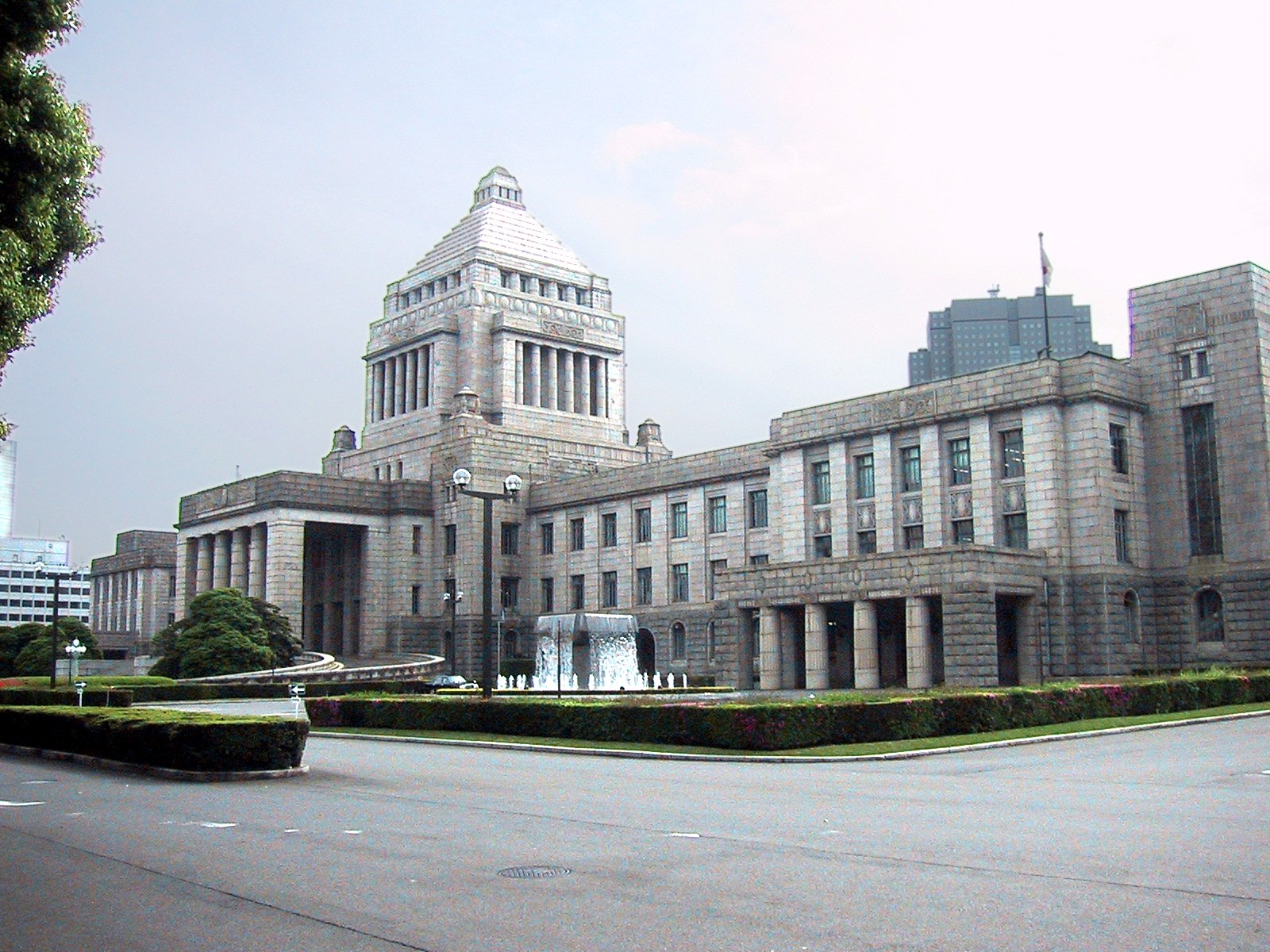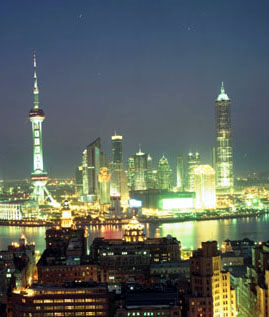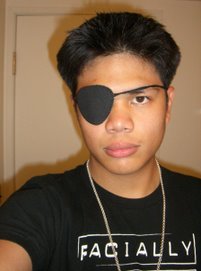


Will the real China please stand up?
An ancient culture rich with tradition, almost completely lost in a flash with the Cultural Revolution of the 1960s: from Confucius to Daoism to the inventors of gunpowder and more, China has centuries of history and ideas that penetrate the interest of the scholarly from intellectual pursuits to myths and traditions that are unfamiliar yet fascinating to the west. Contrastingly, it is also a country whose modern identity is forged upon being seen in economical and business mindsets, as well as a key global force in politics today. Of these two identities, who is the "true" China?
The answer is both and neither.
To illustrate the issue of identity from the external and the internal perspective, I present you with snapshots from different angles of my partner.
My partner is a young lady whose lineage invites people who view her with awe and wonder (at times much to her annoyance) when they see her as the exotic beauty from a land rich with traditions foreign to the wayward westerner, hypnotic and seductive, yet elusive and fragile.
They see the Chinese characters she writes in her notebook as esoteric and full of the same essence which carried on the wisdom of Lao Zi and Confucius in them for centuries.
They hear the language that has been spoken for centuries by high court officials with elegance and authority, understood by over one billion people in the domain throughout the ages.
In the eyes of the fool, this is what a Chinese woman personifies when they imagine her, thinking of a fantastic China that is perhaps more apocryphal and mythic than accurate, yet so prevalent an image amongst the uneducated.
Now in the eyes of those amongst the Washington Consensus and the Corporate Vultures, they see a young woman in a completely different way:
They see a trendy and attractive young girl who is yet another consumer ready to be branded with the newest designer brand, to be torn from the shackles of a former communist ideology into the legions of the consumers in the name of global capitalism.
They see the Chinese characters she understands and try to find symbols to replace the ideograms she knows with far more tempting leanings, from the dollar sign to the logo of the new Louis Vuitton bag she is persuaded to buy, and finally the symbols on the global stock exchange appearing next to the traditional Chinese characters to prove that their investments yield the high rate of return.
The language she speaks is no different from any other person who understands the language of money, and in a land of 1.4 billion mouths, money speaks very loudly there, regardless of the control the Chinese Communist Party attempts to exert over her life. It is her and her kind who the global market will conquer China through rather than through military force as they once did in history when countries went to war for power, which has now changed to clashes in the marketplace for hegemony instead.
Those are two prevalent perspectives that somehow seem to create two very different people that are the same person whose history has fostered a generation that struggles to redefine itself apart from the ancient tradition and the mere consumer statistic.
Regardless of the view from the outside looking in, there is a very different story to be told with few parallels to be found. This is when history becomes her enemy and her pride, conflicting emotions that at times complement the changing face of the new China's generation.
Sun Tzu, Confucius, Lao Zi, Zheng He, and Qin Shi Huangdi: these names are part of the history many Chinese took pride in before much of it was lost in the Cultural Revolution when literature and art was cleared away to foster the communist ideology and the cult of Mao Zedong, as there could be no other Gods before Mao and no other isms before Maoism.
But the history never went away, it was re-imagined from the communist perspective as it was eventually re-imagined once again when Mao passed on and China liberalized itself under Deng Xiaoping and new freedoms were allowed that disassociated China from its Mao era, but not without repercussions.
Growing up with parents who were told to embrace Maoism and later told to forget about it, influenced by the stories of the Red Guard terrorizing the cities and denouncing counterrevolutionaries; then going to school learning about Chinese history without the Red stain of communism and blood over the histories to learn about the old tradition; and finally being socialized by the gradual opening up of China to the world of consumerism and global prestige as the leaders modernize China without Westernizing (a very thin line, ironically) but trying to remain strictly Chinese without having a clear notion of what they want their China to be, and who this generation wants the world to see them as, and who they see themselves as.
Reading a history that should be her own, being told stories of a past that is still difficult to put completely behind, and an ambiguous future lying ahead as well as a difficult period of transition now, I ask you this: what is the China that exists in your mind, and who are the Chinese who exist in your mind? For whatever you can imagine and read in the millions of pictures and stories of all things China, your questions and answers are no more difficult to understand than it is for the Chinese themselves.
It goes even further: the image the the Washington Consensus and many of the Chinese want to believe is their China is the global leader with strong industries, a growing military and economy, high trade and tourism as well as political prestige, and the metropolitan destinations of Shanghai and Hong Kong. Now imagine how easy it is to think of this as the only China that exists, and realize that the other 3/4ths of China exists out west, where much of the land and people are still barely touched by modernity, but hardly immersed in old Maoism. The same rural countryside where domestic human trafficking, child labor, rampant HIV, and separatist minority groups in Tibet and Xinjiang provinces deal with a Han culture that is unwelcome in what they see as still their own land.
This is where the final paradox takes place: in the same China, what a family earns in a rural village for one year less than 8000 RMB due to provincial official corruption (a sore for the central government that wishes to do away with petty low-level corruption undermining its prestige and image) can be spent in a moment by the same girl who sees a Gucci bag in a Shanghai designer store.
The center cannot hold in this land of paradoxes and duality of identities, but consumerism and global prospects have made it easy for the current generation of Chinese in the eastern fringe to conveniently forget that their world is also defined by the less-fortunate who live in the same earth and land as them, but in completely different world and Chinas for that matter.


























